Was Einstein's Work His Own?
by Andrew Boyd
Today, was Einstein's work his own? The University of Houston presents this series about the machines that make our civilization run, and the people whose ingenuity created them.
Albert Einstein is universally known for his far reaching ideas about the way our universe works. But were they truly his?
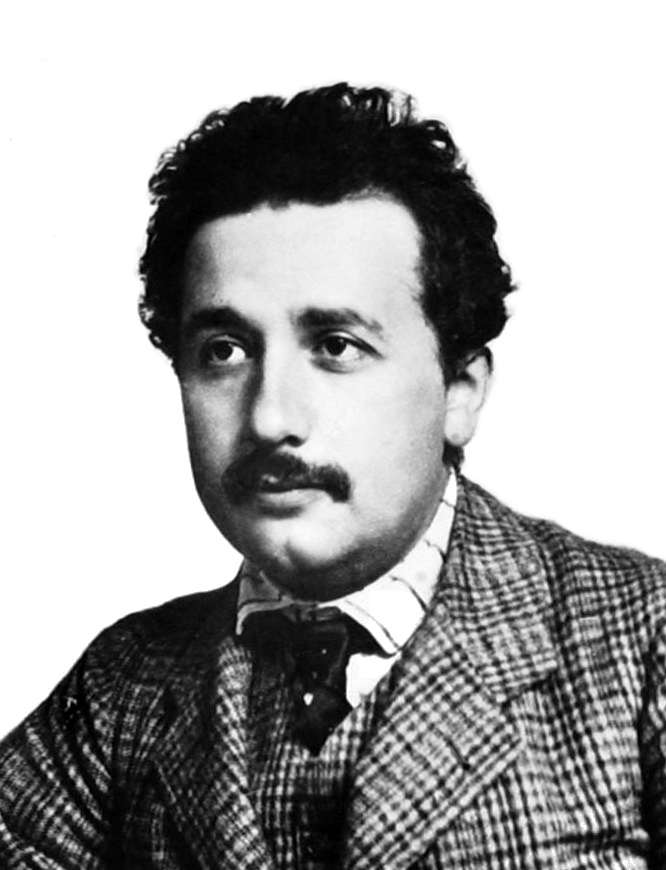
German-born theoretical physicist Albert Einstein. Photo Credit: Wikimedia Commons
The story begins decades before Einstein proposed his special theory of relativity. James Clerk Maxwell, building on the efforts of a long list of eminent physicists, pulled together a set of equations that beautifully described how electricity and magnetism work together to form electromagnetic waves. It turns out that Maxwell's waves travelled at exactly the speed of light, which suggested light might itself be an electromagnetic wave. It is, and today the word "light" is sometimes used to denote the light we see and sometimes the entire spectrum of electromagnetic waves.
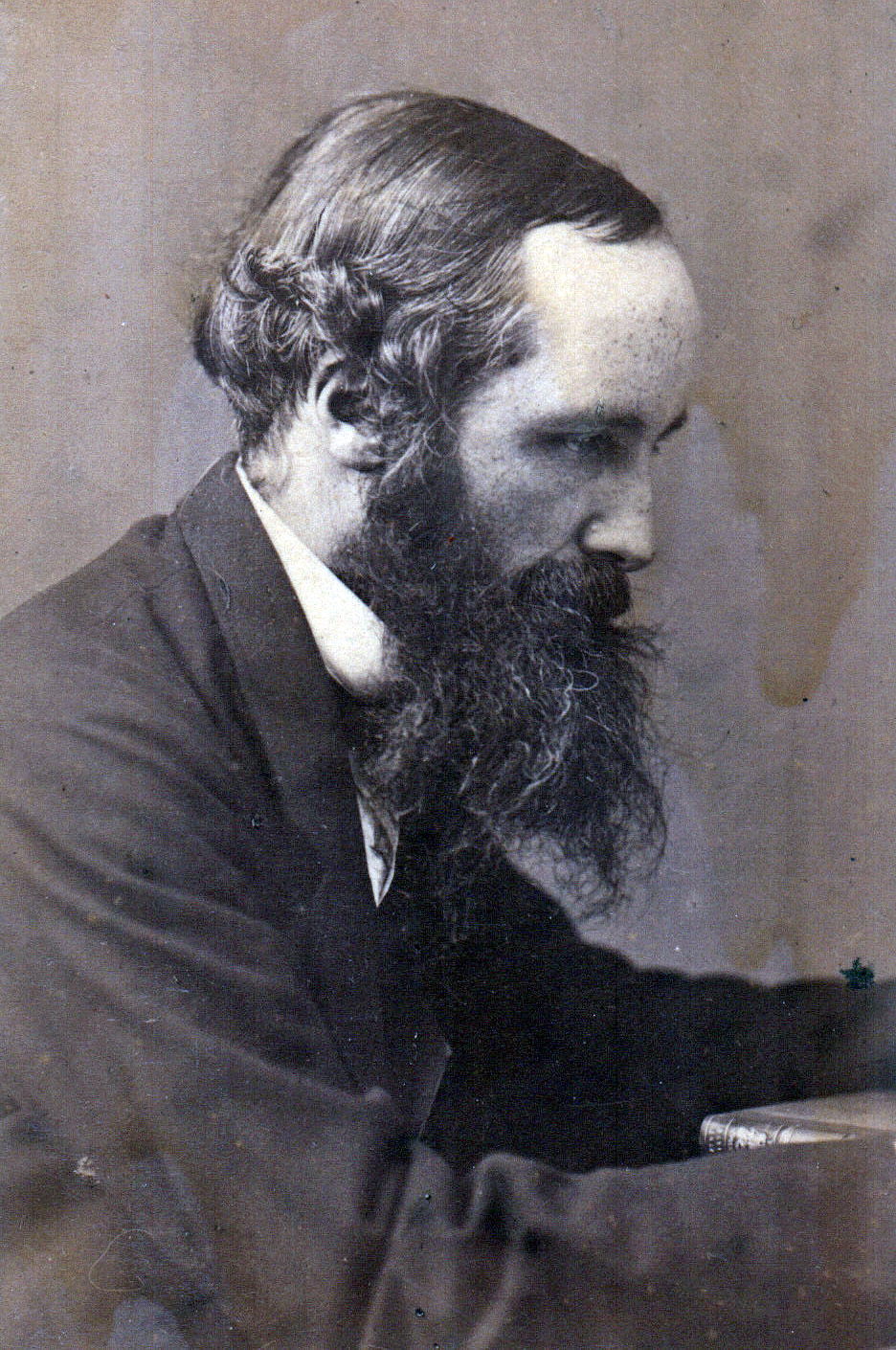
James Clerk Maxwell. Photo Credit: Wikimedia Commons
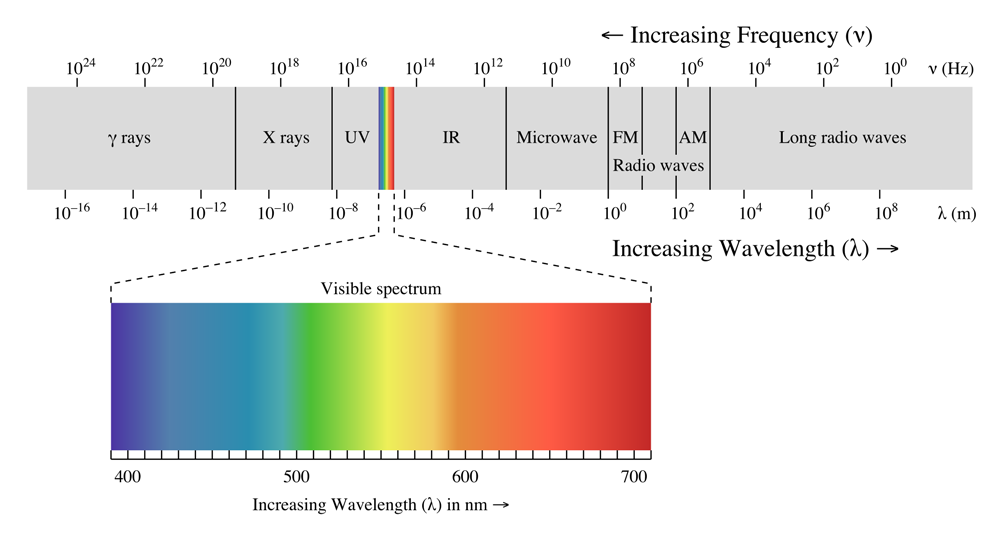
A diagram showing off the visible spectrum. Photo Credit: Wikimedia Commons
For Maxwell's equations to work properly in all expected situations proved a bit tricky. Hendrik Lorentz and Henri Poincaré showed how it could be done, but their additional explanatory equations implied some very strange things. It seemed necessary to shrink distances and alter time.
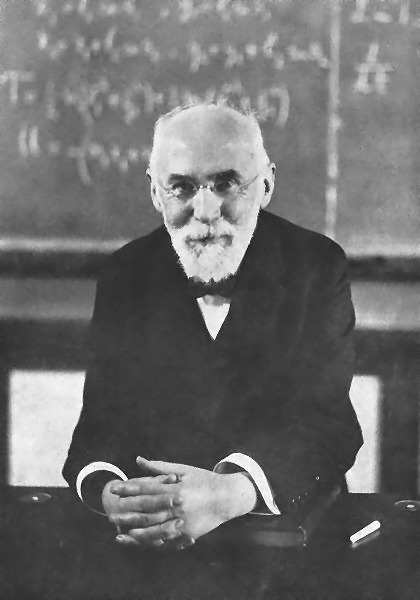
Hendrik Lorentz, a Dutch physicist. Photo Credit: Wikimedia Commons
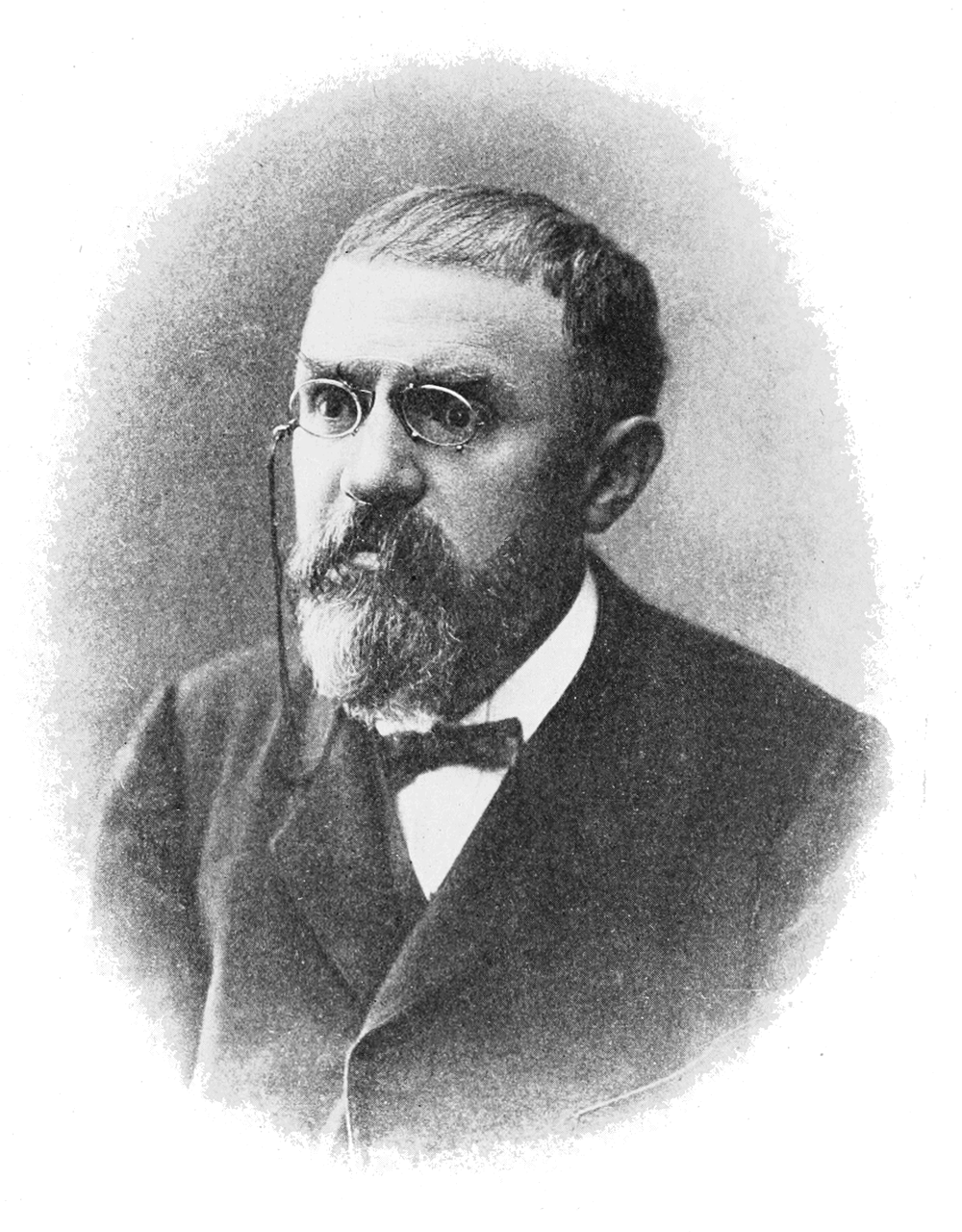
Henri Poincaré. Photo Credit: Wikimedia Commons
So when Einstein published his famous paper on special relativity, most of the mathematics had already shown up elsewhere, including a set of equations that today bears Lorentz' name. It's thus no surprise that the originality of Einstein's work might've been called into question.
And indeed it was. Special relativity was so momentous that over time numerous historians and physicists have weighed in on the question of who should receive credit. Opinions vary, but a few commonalities stand out.
Einstein proposed that time and distance weren't universal, but depended on the relative movement of two observers. Lorentz and Poincaré came close as demonstrated by the math, but they couldn't make such a huge leap of imagination. Who could blame them? A friend leaves home on a very fast spaceship, returning to find he's aged a day but you're fifty years older? Einstein said it was fact, not science fiction, and in doing so our knowledge of the universe changed forever.
Also significant is the fact that as Einstein's star was rising little if any infighting occurred among physicists about claims of priority. The magnanimous Lorentz even went so far as to comment that "the theory of relativity is really solely Einstein's work."
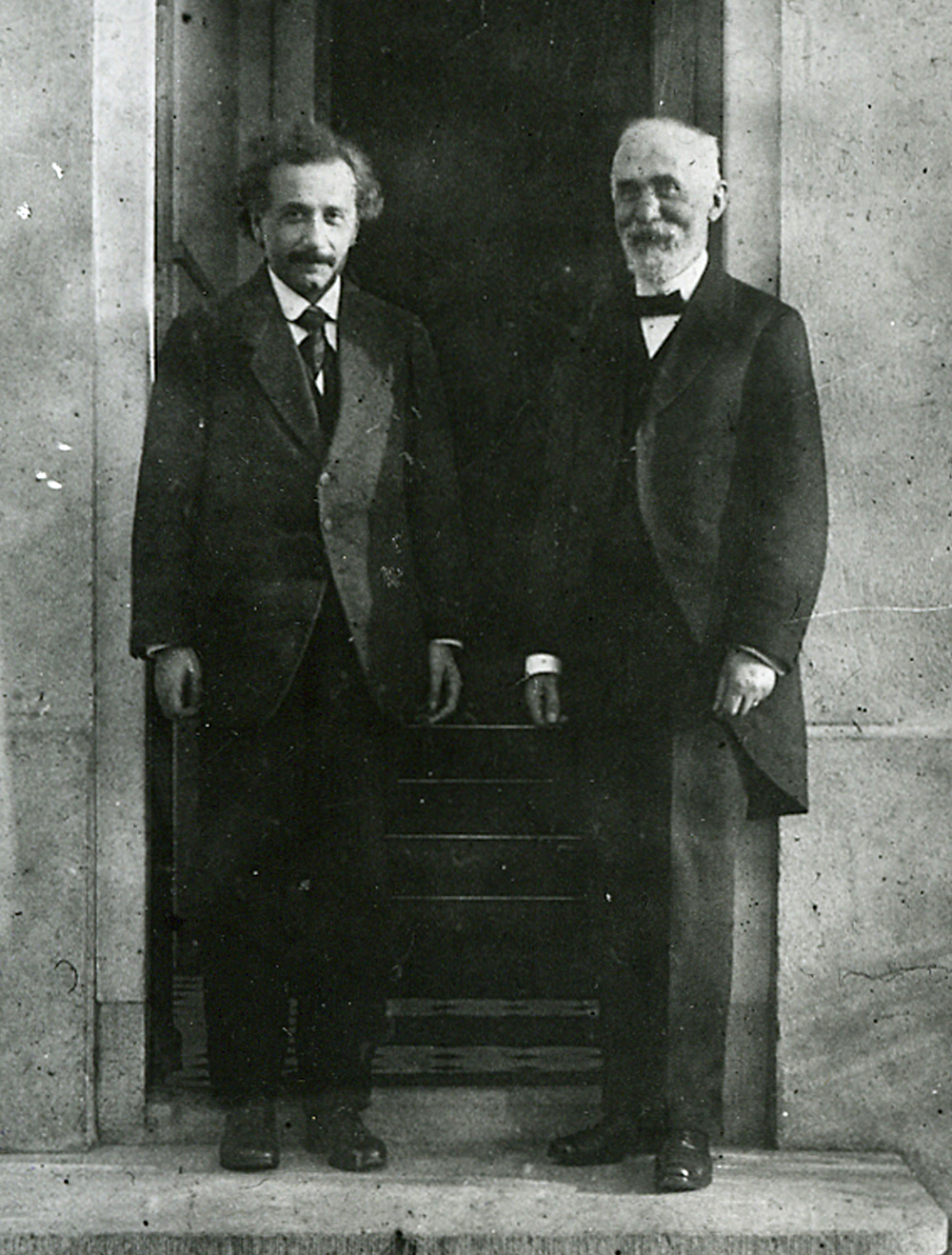
Albert Einstein and Hendrik Antoon Lorentz Photo Credit: Wikimedia Commons
But was it? Historians agree that even as a patent clerk Einstein was well read in physics. His paper on special relativity was inspired by, and mostly devoted to, explaining how his theory made Maxwell's equations work properly. It therefore builds on the foundation provided by Maxwell and all those who came before him. Even Einstein recognized this, pointing out years later that relativity had been "ripe for discovery." Still, it was Einstein who took the first bite of the apple.
I'm Andy Boyd, at the University of Houston, where we're interested in the way inventive minds work.
(Theme music)
Maxwell's equations working "properly" and in "expected situations" refer to inertial frames of reference.
A description of the Galilean and Lorentz transformations can be found in many places, including: http://hyperphysics.phy-astr.gsu.edu/hbase/relativ/ltrans.html. Accessed September 1, 2015.
Relativity Priority Dispute. https://en.wikipedia.org/wiki/Relativity_priority_dispute#cite_ref-2. Accessed September 1, 2015.
This episode was first aired on September 3, 2015